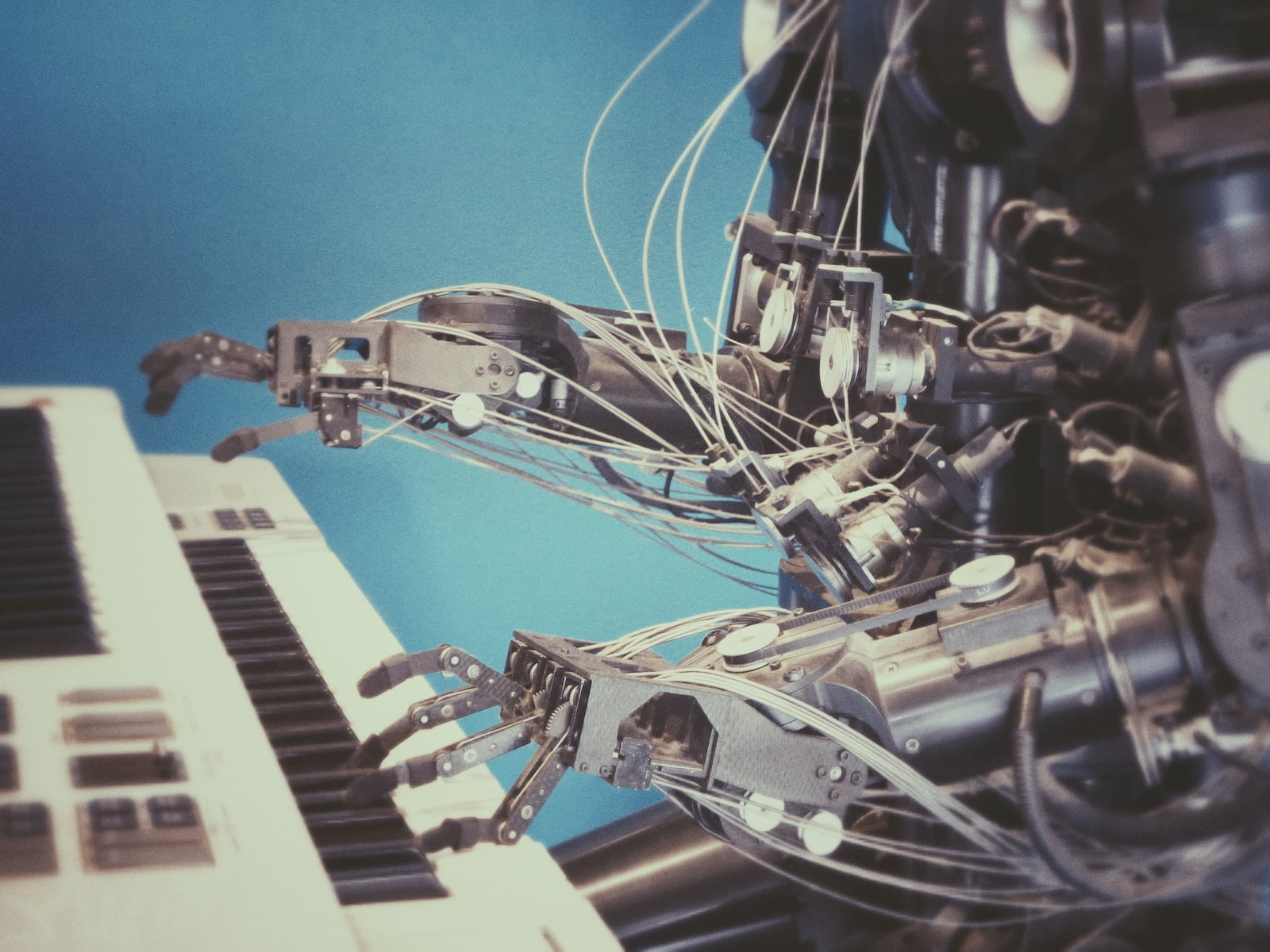The boom in the use of artificial intelligence (AI) technologies raises ethical and legal questions about copyright ownership in works generated by these machines. In this article, we’ll explore how copyright law applies to AI creations and the challenges posed by the relationship between AI and intellectual property.
The nature of copyright and non-human creations
Copyrights protect original works created by a human author. However, the creation of works by non-human entities, such as animals or machines, has raised questions about the applicability of copyright laws in these cases.
The case of the monkey selfie
A notable example is the so-called “monkey selfie” case, in which a British photographer argued that he should be recognized as the copyright holder of a photograph taken by a monkey. However, various legal opinions have affirmed that photographs and works of art created by animals or machines cannot be copyrighted.
Exceptions to copyright protection for AI creations
The United States Copyright Office has established that works must be created by humans to be protected by copyright, which means that AI-generated creations are not eligible for this protection. However, the office has said that it would consider granting copyright protection to AI-generated works if it can be shown that the human user put significant creative effort into the final content.
Challenges and concerns around AI and intellectual property
AI creations face challenges in terms of intellectual property. For example, AI can generate content so similar to its sources that it could be considered plagiarism. In addition, the data on which AI systems are trained is often protected by copyright, which raises issues around source declaration and license fees.
The Midjourney case
When we created images with Midjourney using their free plan, the results were from Midjourney, we had no rights to them. When we create an account, the results are ours, but we cannot use images from other users as if it were a free bank, because it is not.
Each user is the owner of their creations, as specified in the terms of use, although if we use another person’s prompt to create a similar image, a new controversy could be mounted. Who owns a prompt?
Ethical reflections on the use of AI in artistic creation
AI is a powerful and novel tool, but its use raises ethical dilemmas and unintended consequences. Therefore, it is essential to approach the use of AI with a strong moral compass, ensuring that its application serves the advancement of humanity as a whole.
As we face these debates, we need to reflect on the role we want AI to play in our lives, and how we can balance the benefits of its use with the need to protect intellectual property and foster human creativity. Ultimately, the challenge lies in finding an approach that allows people and machines to ethically and effectively collaborate to create original and valuable works.

